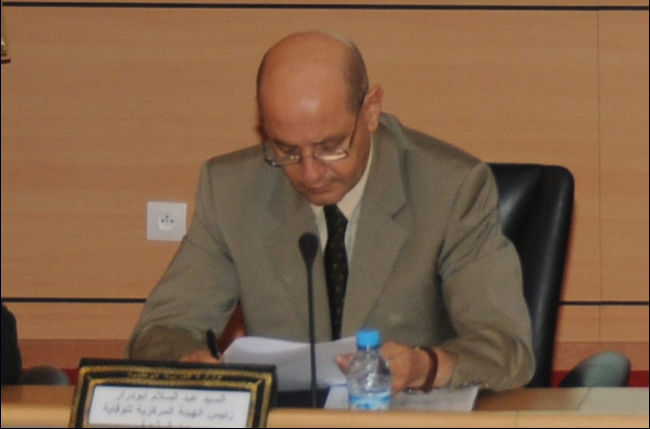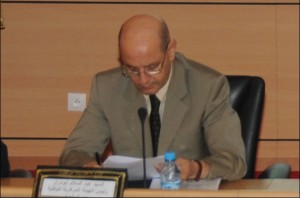By Siham Ali in Rabat
for Magharebia
Delayed for years, Morocco’s new policy will toughen laws and penalties for bribery as well as increase monitoring and auditing.
Morocco’s anti-corruption authority will soon unveil a plan to tackle the crisis from all angles.
There’s been some good news. According to the Transparency International’s 2014 Corruption Perceptions Index, Morocco ranks 80th out of 175 countries – an improvement of 11 spots since last year.
But despite the numbers, progress remains very slow, the president of the Central Authority for the Prevention of Corruption (ICPC) admitted on December 29th at a Rabat forum organised by MAP.
“In my personal analysis, the strategic approach is lacking in Morocco. We wanted to do everything and we ended up with just a sprinkling,” Abdesselam Aboudrar said.
While successive governments in the kingdom had made efforts against graft, the ICPC head said, no concerted and clear vision had yet been implemented.
Until now.
The strategy that will soon be put in place will consider multiple measures, such as laws to curb corruption during election campaign periods, tougher penalties, campaigns to educate the public and more, Aboudrar said
According to Public Sector Minister Mohamed Moubdii, this approach will bring together all of the measures taken by the government in terms of transparency, equality of opportunity and prevention of corruption.
The programme, which was prepared in a participatory manner, will mark a decisive step forwards in the battle against corruption, the minister added.
Sociologist Karim Chouali says he is pleased that after years of procrastination by officials, the strategy will finally get off the ground. Fragmented steps have not been enough, he says.
“We need to change an entire culture. The problem is unfortunately rooted in a society that tolerates small bribes and special privileges. Corruption must be condemned, no matter what form or scale it takes. Families and schools must play a vital role in this,” Chouali argues.
Everyone must feel involved and take part in this battle, he adds.
On the economic front, it is vital to simplify administrative procedures and boost the role of audits and financial inspections to establish transparency properly, economist Mohamed Choubi says. Measures to make things easier for entrepreneurs are inadequate in the absence of monitoring, he adds.
Many members of the public hope that government and the judiciary can be cleaned up so that equality of opportunity can be guaranteed for all. This is the view of Karima Redouani, an employee, who says it is time to hold corrupt public servants and judges accountable.
“Citizens must feel protected so that they can report corrupt behaviour and take a stand against all corrupt people,” she says.








